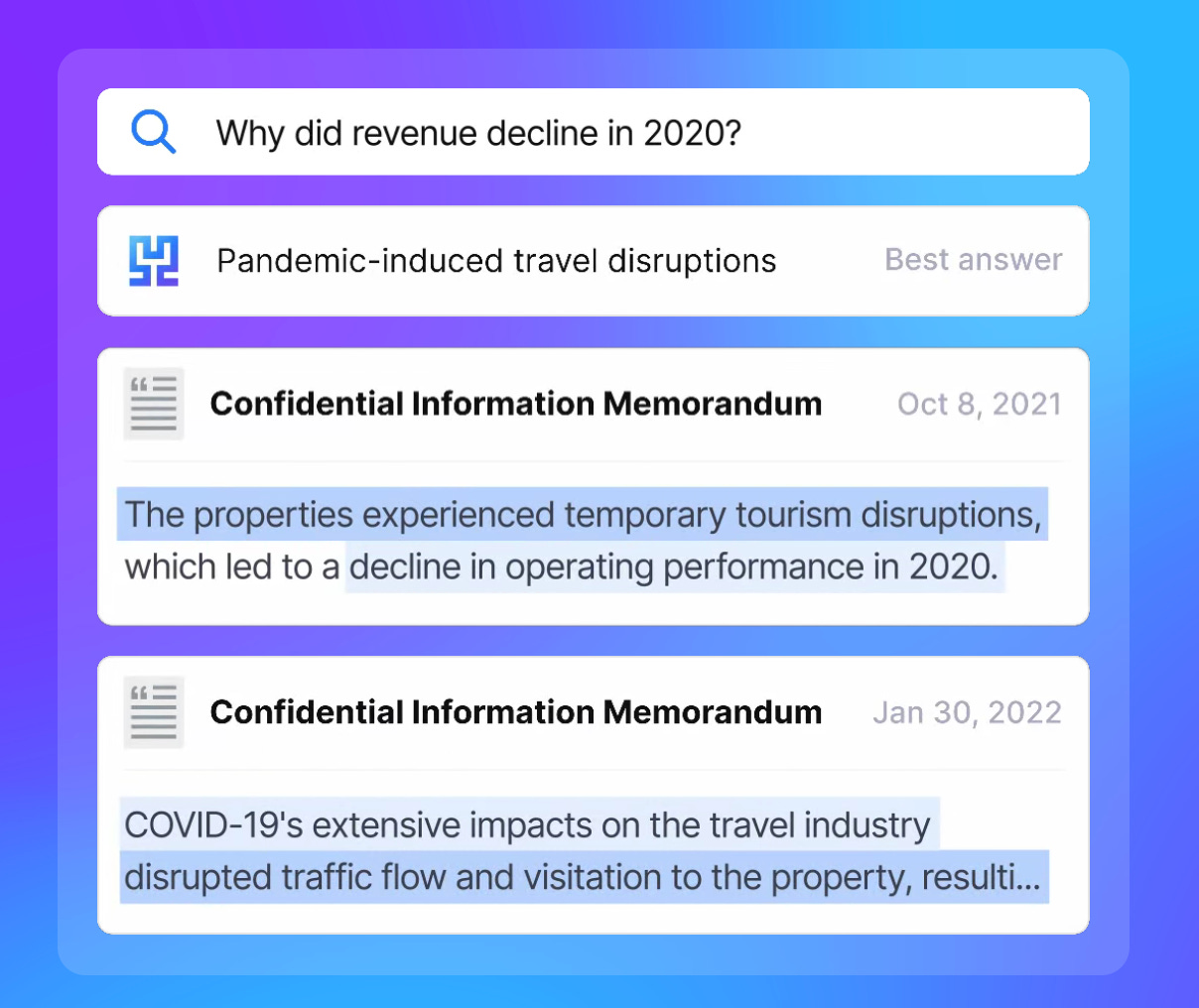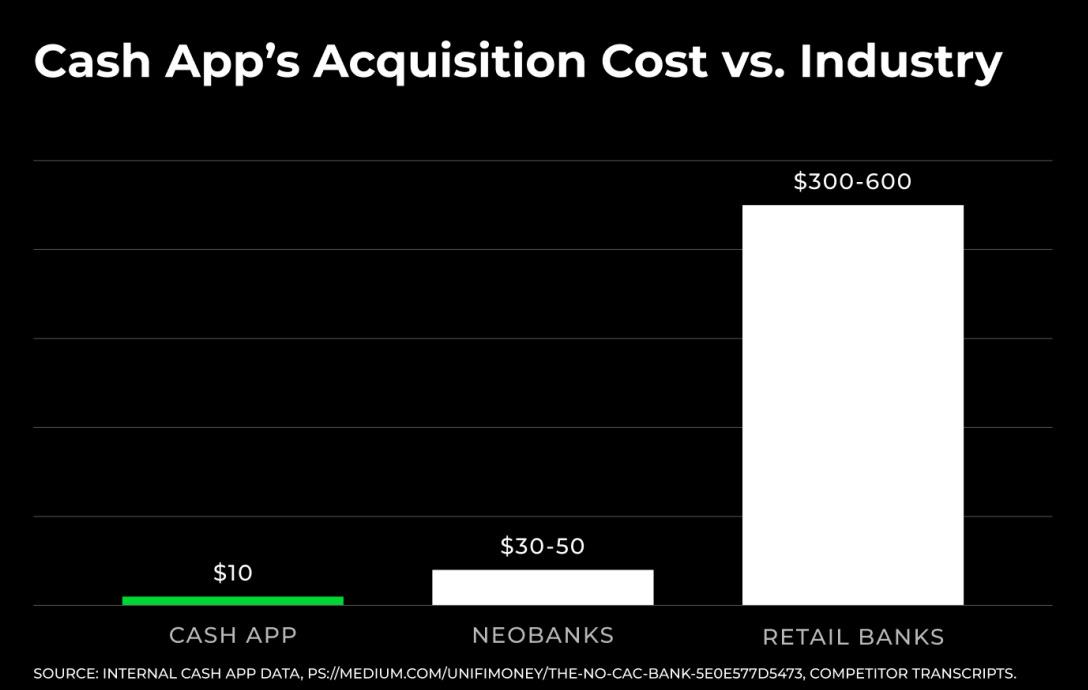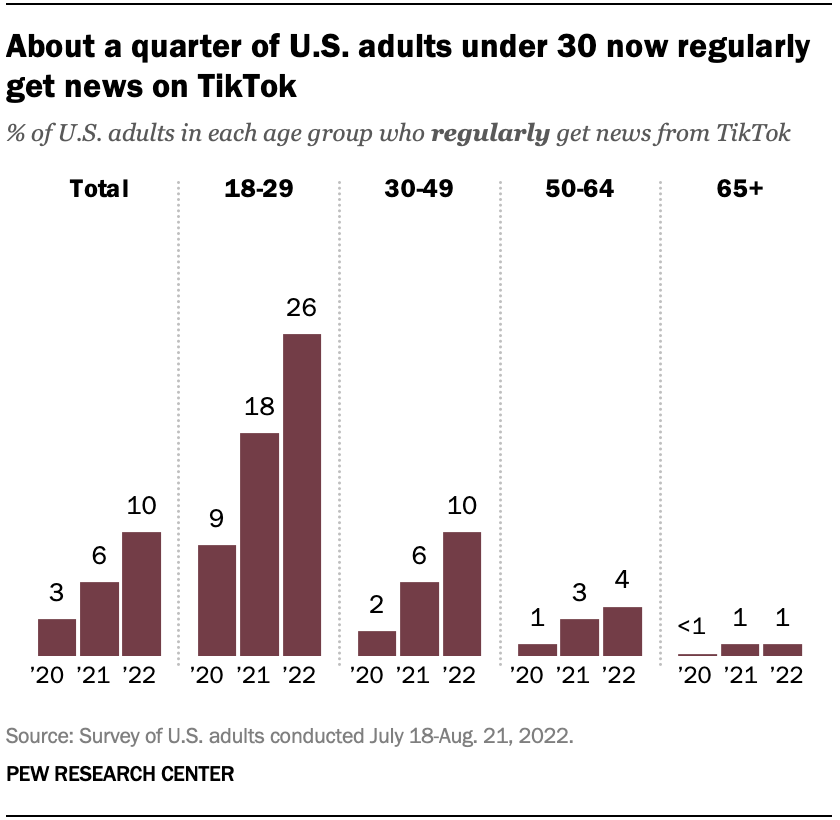2023 Predictions from 40 Founders, Investors, and Operators
What the Smartest Minds in Tech Are Paying Attention To
This is a weekly newsletter about how tech and culture intersect. To receive Digital Native in your inbox each week, subscribe here:
2023 Predictions from 40 Founders, Investors, and Operators
Hey Everyone,
This is my last piece of 2022. After today, it’s a wrap on Year 3 of Digital Native ✅ It’s been a good year, with 50 long-form pieces totaling 114,000 words. The best part of writing is building this community of readers, and this community has grown +104% in 2022. Thank you for being part of it.
To end the year, I’ve asked 40 of the smartest people I know—startup founders, investors, and operators—what they’re paying attention to as we head into 2023.
At its heart, Digital Native is about how people and technology intersect; the things that interest me are the ways that humans use technology to communicate, to collaborate, to create. We’re fortunate to be living in a time of rapid innovation, and it feels like the pace of change is only accelerating. The recent explosion in generative AI—and the number of responses here that mention AI—is one example. For what it’s worth, here’s what Midjourney creates for the prompt “Humanity in 2023”:
Stunning, and a tad melancholy.
The 40 responses below are not necessarily predictions, but rather things that we should all be paying more attention to as we turn the calendar, but aren’t. The question I posed was: Heading into 2023, what’s one thing that not enough people are paying attention to? The people featured here are at the vanguard of technological change, and their thoughts offer a window into what’s around the corner.
Here are their responses:
Question: Heading into 2023, what's one thing that not enough people are paying attention to?
TikTok has made a new wave of consumer ideas possible by solving initial distribution. All you have to do is create a video and TikTok will show it to your first 100K-1M+ potential users. It dramatically levels the playing field for getting a new idea off the ground.
— Matt Moss, Founder and CEO of Locket
The sheer number of solo $1-10M/year businesses being created on platforms like Substack.
— Lenny Rachitsky, Founder of Lenny’s Newsletter
2023 will be the year of survival. Good and not-so-good companies raised a lot of capital in 2020/21. In 2022, private companies were able to withstand the downturn and generally keep operating on a common, growth-oriented trajectory. In 2023, private companies will find a year of reckoning and have to adjust valuations and operations.
— Mike Volpi, Partner at Index Ventures
Generative AI is all the rage right now, but the world needs more models that find the signal in the noise—instead of just creating more noise. AI that finds the needle in the haystack will accrue two orders of magnitude of more value in the workplace.
— George Sivulka, Founder and CEO of Hebbia
The rise of creator commerce. Creators are the curators of discovery-driven shopping online, but they don’t share in the value they create. In 2023, that will change.
— Youssef Ahres, Co-Founder and CEO of Vitrine
The release of WebGPU in 2023 will be a game-changer for web apps, enabling new levels of performance and capabilities that were previously unimaginable. With its powerful graphics capabilities, WebGPU will enable the creation of stunning, immersive web-based experiences, such as web-based gaming, visualization, and 3D applications.
— Badrul Farooqi, Investor and First PM at Figma
Youth culture is extremely discerning—they can tell when they’re being marketed to as they’ve grown up digitally native and are pretty hardwired to tune out what feels like more traditional advertising. Strive to surprise customers & keep them guessing by driving points of brand intrigue, illustrating the potential role your business *could* play in consumers’ lives, instead of reflecting merely what you do today.
— Cat Ferdon, Head of Marketing and Brand at Cash App
Cat is one of the key people behind the scenes of Cash App’s brilliant marketing, which has kept CACs well below financial services peers. I wrote about Cash App in May’s The Rise of Cash App.
As investors and builders, we spend so much time thinking about what’s next and what new fringe behavior might move mainstream—but I think what’s missing is the understanding that however more complex and diverse the consumer becomes, their needs are still remarkably traditional. In the coming years, I think we’ll see a refreshed focus on core life fundamentals that help people harken back to a more pure, simpler way of living—even if the avenues with which consumers pursue these more traditional values are new.
— Kirsten Green, Founder and Managing Partner of Forerunner Ventures
‘Maternity care’ is not a one-day event—the pregnancy and postpartum periods make this a 15+ month journey that requires care. To change the United States’s poor maternal health outcomes, our society needs to understand and respond to the impact of pregnancy and birth on a woman’s body and mind, before and after delivery.
— Leoni Runge, Founder at Zaya Care
As it becomes easier to expand internationally, securing PII across a global user base becomes more challenging. In 2023, businesses will not only need to keep regulatory requirements around data residency top of mind but also reconsider the infrastructure required to prioritize privacy and meet regional data compliance standards.
— Rick Song, co-founder and CEO of Persona
In June, I wrote a deep-dive into how Persona is assembling the building blocks of online identity—you can read it here.
How the CPG data industry is still in the early innings of digitization: global CPG is a $2 trillion market, yet many of the processes powering it remain analog and inefficient. We're going to see the space (finally) come into the 21st Century.”
— Dana Kim, co-founder and CEO of Highlight
While I’ve been focused on vertical b2b marketplaces for some time now, I believe 2023 will be a breakthrough year for many of these models. Across many large ‘old school’ industries, the whipsaw of the past two years shined a flashlight on antiquated supply chains. For buyers and sellers, modern discovery, purchasing, workflow, and inventory management software is no longer a nice-to-have but a need-to-have, and we will see much faster speed of adoption in these models—which is further catalyzed by generational transition in many of these industries.
— Mike Duboe, General Partner at Greylock
We underestimate the effects of creative expression not backed by physical identity and the coming explosion of creative talent supported by digital personalities. I hope to see the continued democratization of 3D creativity and the crazy content and characters it unlocks. 2023 could be the year avatars kill the video star ;)
— Bryan Pratte, Co-Founder and CEO of Hallway

People don’t realize that innovation is a steady drumbeat that isn’t a function of the capital markets. When times are good, people start great companies. When times are bad, people start great companies. It’s easy to get lost in that recoil during a year like 2022, but it’s important to remember that innovation waits for no one.
— Chris Paik, Co-Founder and General Partner at Pace Capital
Environmental orders of magnitude. I’m sat in a restaurant that has a sign up saying they proudly only serve tap water on request, to save half a litre of water per customer. Meanwhile making a new pair of jeans consumes 7,600 and each beef burger the restaurant sells consumes 2,000.
— Emily Gittins, Co-Founder and CEO of Archive
What does it look like to go on offense in 2023? Spend as much time thinking about that as you are about weathering the storm.
— Doug Schuessler, Co-Founder and CEO of Safara
The 10x effect of RLHF. Here’s a recent (November) and crazy chart from Stanford showing how Anthropic’s model is 10x smaller than NVIDIA's 530B parameter model, but almost as accurate, and beats out much bigger models like OpenAI’s GPT-3 Davinci 1 (175B parameters). What this means for AI moats is an exercise left for the reader.
— Anjney Midha, VP Platform at Discord and founder / CEO of Ubiquity6
A lot of people think that climate tech is a trend that will ebb and flow with markets and regulation, but demand is only tracking up. And the category is a broader set of potential solutions and approaches than just carbon accounting software.
— Kyle Harrison, General Partner at Contrary
There will be a paradigm shift in retail trends towards secondhand fashion driven by the economic downturn and tailwinds for sustainability. We are noticing retailers that have never sold pre-loved, are now starting to make moves into the space as end-consumers look for value-for-money, longevity, and sustainability in their purchases.
— Abhi Arora, Co-Founder and CEO of Fleek
As we look back at 2022, not enough people paid attention to the Inflation Reduction Act. In a year we’ll remember for mostly negative reasons, the surprise passage of a generation-defining climate bill is what future generations will think about when they remember 2022.
— Mark Goldberg, Partner at Index Ventures
The immense risk posed by the acceleration of AI and deep fake technology and the questions that it will force us to contend with in the coming 5-10 years. (Check out the video below.)
— Sahil Bloom, Solo GP and Writer
That we are falling into binary thinking. In 2021, companies were told to walk into Fort Knox to raise as much as they want because everything went up; in 2022 we were told to become profitable by next month at the latest. Both mindsets are wrong but also contain some truths. Perhaps that is a paradox, which is more difficult to live in than black-and-white philosophy. But I worry tech will lose its spirit if we are all susceptible to the same binary thinking.
— Eli Wachs, Co-Founder and CEO of Footprint
Not enough corporations are thinking about helping to pay of their employees student loan debts—employers can pay up to $5250/year/employee without paying payroll tax *and* with no income tax for the employee. Essentially, this is tax-advantaged compensation and a benefit employers should adopt ahead of student loan repayments starting up again in 2023.
— Chauncey Hamilton, Partner at XYZ Capital
I would love to see even more funding, innovation, and attention to the trillion species of tiny bacteria around us! Quoting Arvind Gupta, “They can turn just about anything into just about anything else.” Cost-competitively and at scale, engineered bacteria can replace traditional ways of extracting, processing, and recycling key minerals and metals that underpin the transition to low-carbon economy.
— Mona Alsubaei, Climate Investor at Union Square Ventures
The rise of impactful commerce. Consumers now demand that the brands they shop from put their money where their mouth is and live their values. Being mission-driven has become tablestakes. The past few years have seen so many challenges--the pandemic’s healthcare crisis, social and political unrest, climate change. The private sector can't be a silver bullet, but it can be used to create change at scale and funnel trillions of dollars to grassroots organizations.
— Viveka Hulyalkar, Co-Founder and CEO of Beam
Plenty of people are thinking about “generative AI,” but I think within that the most important part of it is getting lost. Content that’s entirely created by AI gets all the focus, but I’m more interested in how AI can be woven into tools that humans use to create content. Typically when we see tech advances like this, it unlocks a new creative wave as artists figure out how to use it, and I’m incredibly excited to see that plays out.
— Nathan Bazchez, Co-Founder of Lex and Every
Not enough people are paying attention to how news consumption has already changed. Take a look at this: In the first chart, you see the share of each social media platform's users who regularly get news there. In the second, you see just how many Americans now get news on TikTok. For all the talk about TikTok, not enough media companies and journalists are investing enough to be the ones providing accurate news there.
— Cleo Abram, YouTuber and Founder of Huge If True
How we can use computers, and computational methods, to understand expressive behaviors in ways that they can be predicted or annotated, and translated, in order to align artificial intelligence with human wellness.
— Andy Weissman, Partner at Union Square Ventures
The recent focus for consumer fintech has been on investing, crypto, and the creation of alternative financial assets. Now we need to start thinking more about the next chapter of consumer fintech that really impacts the day-to-day challenges that people face. Back to the basics of helping people manage money, feel good about money, and measurably improve their lives.
— Gabby Cazeau, Investor at Harlem Capital
More VC-backed startups are line-extending into each other with limited customer acquisition channels, making it increasingly hard to scale startups in certain sectors—especially when they lack product-led growth.
— Julian Shapiro, Solo GP & Writer at Julian.com
Every generation needs to look to the next for changes. Gen Z is just starting to hit the work force, and their expectations for work are paradigm shift different—they want impact and flexibility, and they’re entrepreneurial. Full-time, part-time, side hustle, business—it all blurs together. The next 20 years is for the independent solopreneur, not the employee.
— Sima Gandhi, Co-Founder and CEO of Creative Juice
I think 2023 will be the year that we see the breakout of AI-enabled applications, especially for vertical-specific use cases. For example, my former soccer teammate, Gabriel, is using large language models to automate the drafting of legal documents at his company Harvey AI.
— Damir Becirovic, Partner at Index Ventures
Going into 2023, we’re sleeping on pediatric care and the needs of our children’s health. Startups have spent a ton of resourcing and efforts focusing on adult medicine, which is noble and important, but the issues can be systemic far before we become adults. The US is facing multi-faceted crisis in pediatric care: currently we're at over 90% capacity for children's inpatient beds around the US, children's hospitals are closing around the country at an alarming rate, 61% of pediatricians are citing burnout and 20% of these physicians plan to leave their profession by end of 2023. All of this is happening with the backdrop of children facing a 30% increased rate of respiratory illness and a 31% increased rate of mental health disorders, not to mention the countless other medical conditions facing children today. We’re headed toward the eye of the storm and should get ahead of providing more access to care in a less expensive manner to reduce the billions spent on preventable pediatric every year.
— Ellen DaSilva, Founder and CEO of Summer Health

We will have an unprecedented amount of entrepreneurial talent liberated in 2023 to launch startups. New Gen Z talent coming to age for the first time, laid off talent, and entrepreneurial talent realizing their stock options aren’t worth as much will get started building on their own!
— Niko Bonatsos, General Partner at General Catalyst
The lipstick effect is a well-known socioeconomic theory, whereby in times of crisis or recession, sales of small luxury affordable goods, most specifically, lipstick, will rise. With skincare meaningfully eating into makeup’s market share, and trends such as remote work continuing to rise, my hunch is we’re not going to see lipstick fly off the shelves. This begs the question—what’s 2023’s lipstick? And what opportunity is there to build product and services around affordable luxuries with analogous social signaling?
— Georgia Stevenson, Partner at Index Ventures
We’re all underestimating the purchasing power of millennial women—specifically the inheritance of these women without children. There is an unprecedented amount of purchasing power getting passed to women (read these articles) and there aren’t enough businesses or services focusing on it.
— Laura Sillman, Investor at Left Lane Capital
Over the next few years we’re going to see an explosion in the number of people who can code and, as a result, the software “throughput” of mankind will increase beyond our imaginations. Why: it’s becoming easier and easier to build over time as people build and refine tools (see: GitHub, Vercel); there’s a generation that grew up playing the likes of Minecraft, learning the basics of coding at a young age; and with the growth of remote work, you can have people anywhere in the world without any formal degree contributing to projects.
— Jason Toff, Founder and CEO of Things
The changing world order and in times of uncertainty, to maintain an operational framework of love, integrity, and truth.
— Justin Hauser, Founder and CEO of Geneva
People aren’t thinking enough about the longer-term company narrative before jumping into the numbers and planning. Teams need a shared story before setting their own goals and targets for the year.
— Michelle Valentine, Co-Founder and CEO of Anrok
And as a bonus, here’s what GPT-3 has to say:
The potential impacts of climate change. Despite increasing awareness of the direct effects of climate change, such as rising temperatures and extreme weather events, many people are underprepared for the more indirect consequences of global warming, such as displacement and water scarcity. It is essential that people become more aware of these issues and start taking steps to mitigate their impact.
See you in January 👋 Happy Holidays!
Shoutouts:
Nikhil Basu Trivedi for inspiration—I enjoyed last year’s “next big thing” piece
The 40 people here who took the time to submit a thoughtful response to my question, particularly during the chaotic end-of-year sprint












